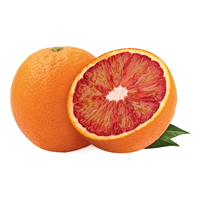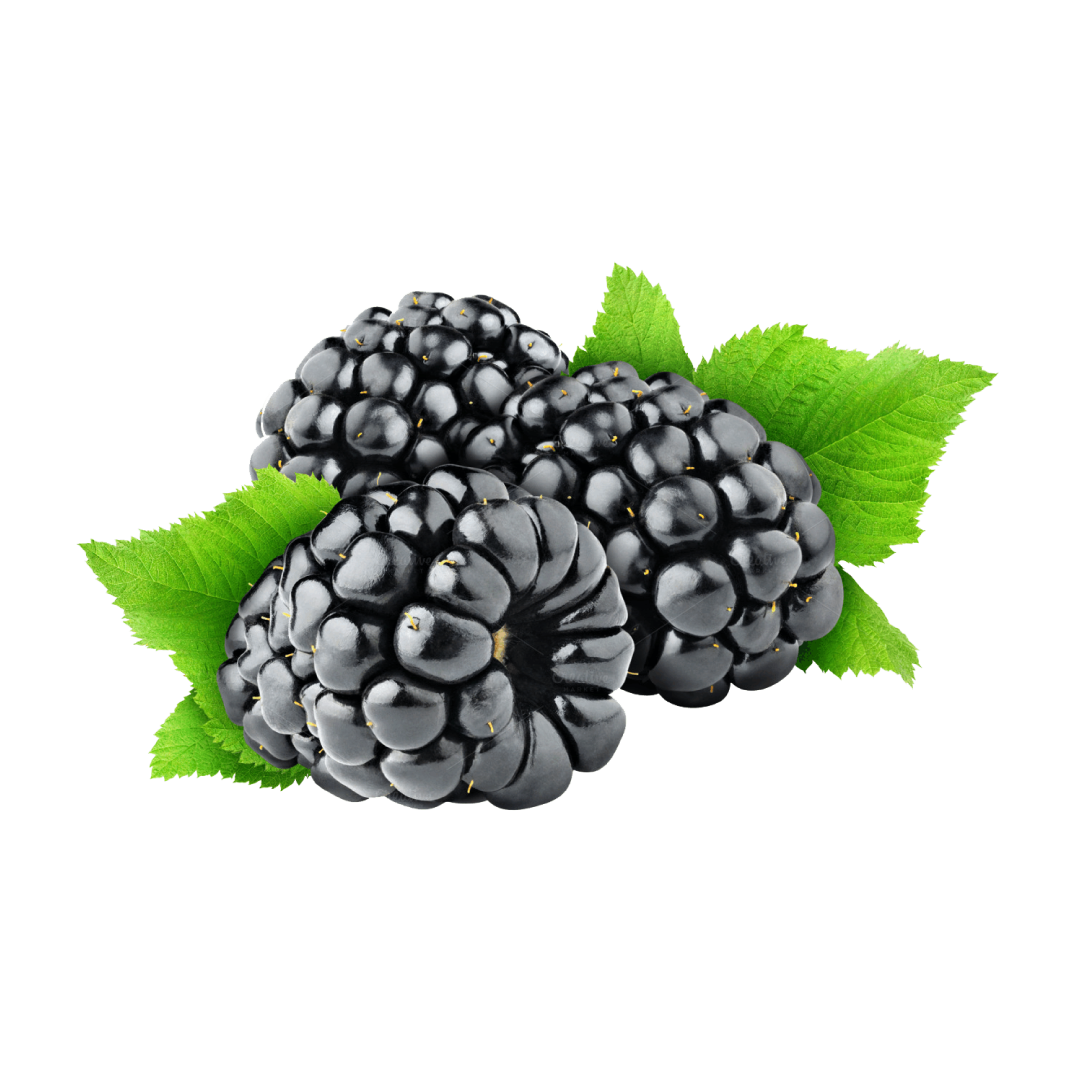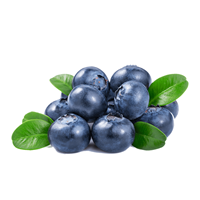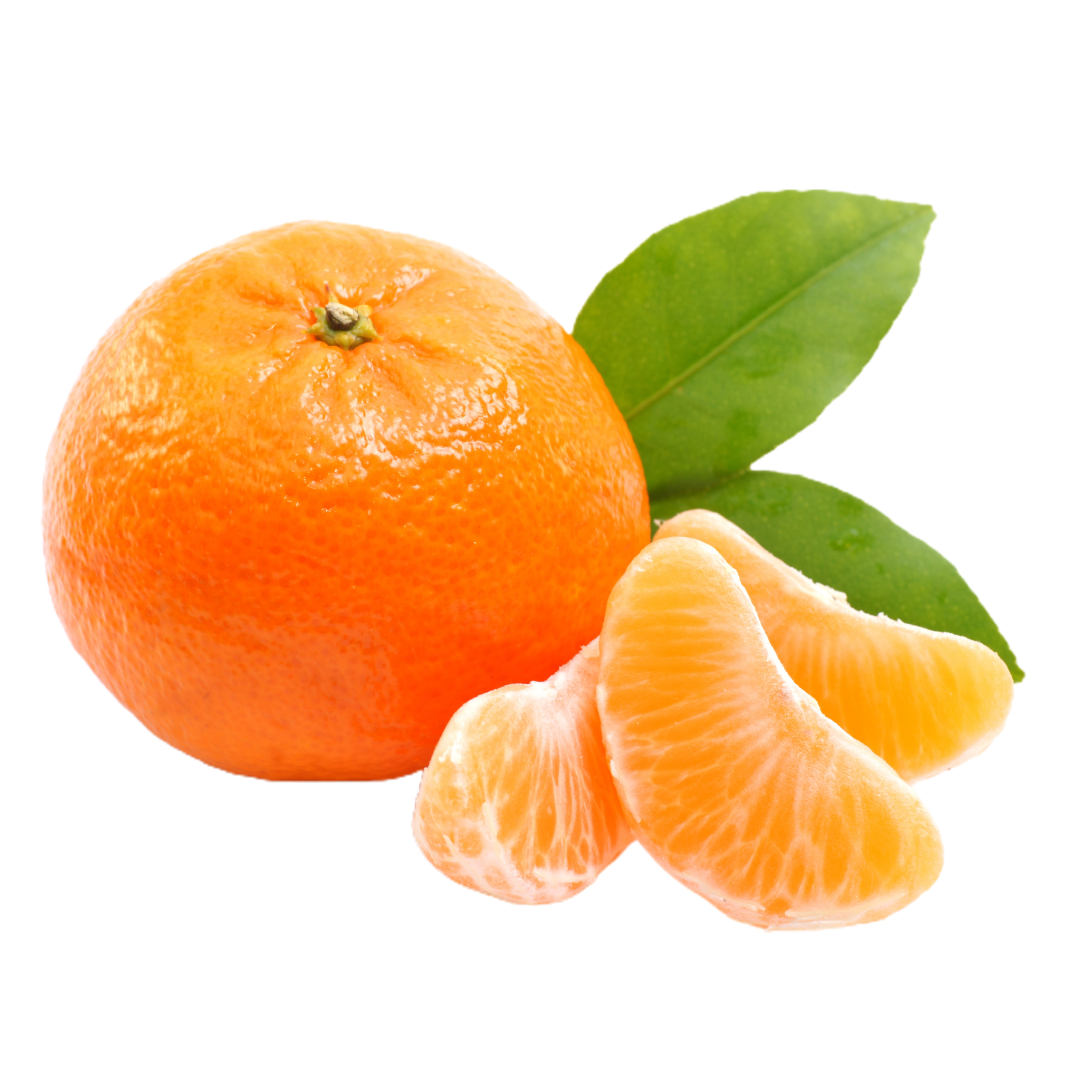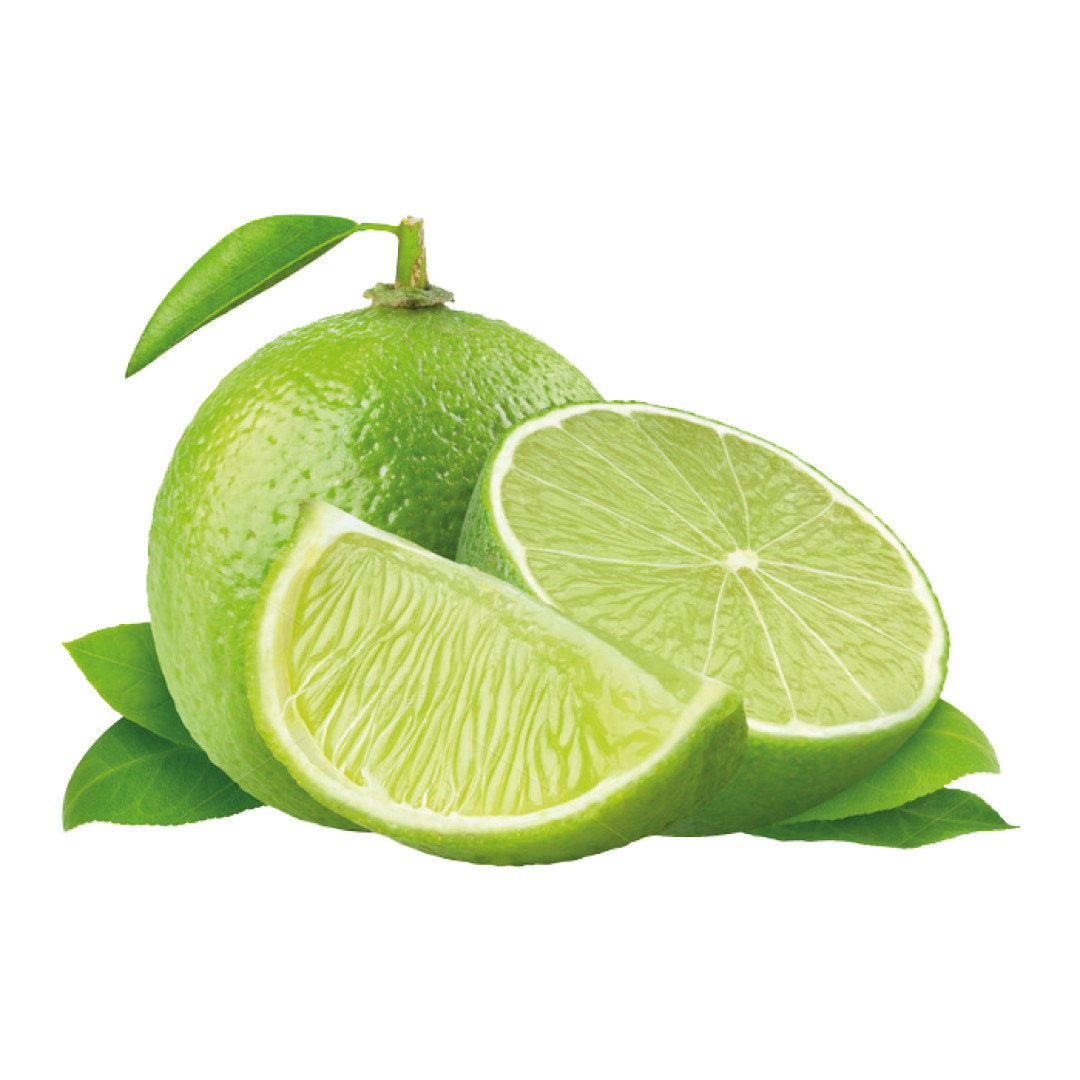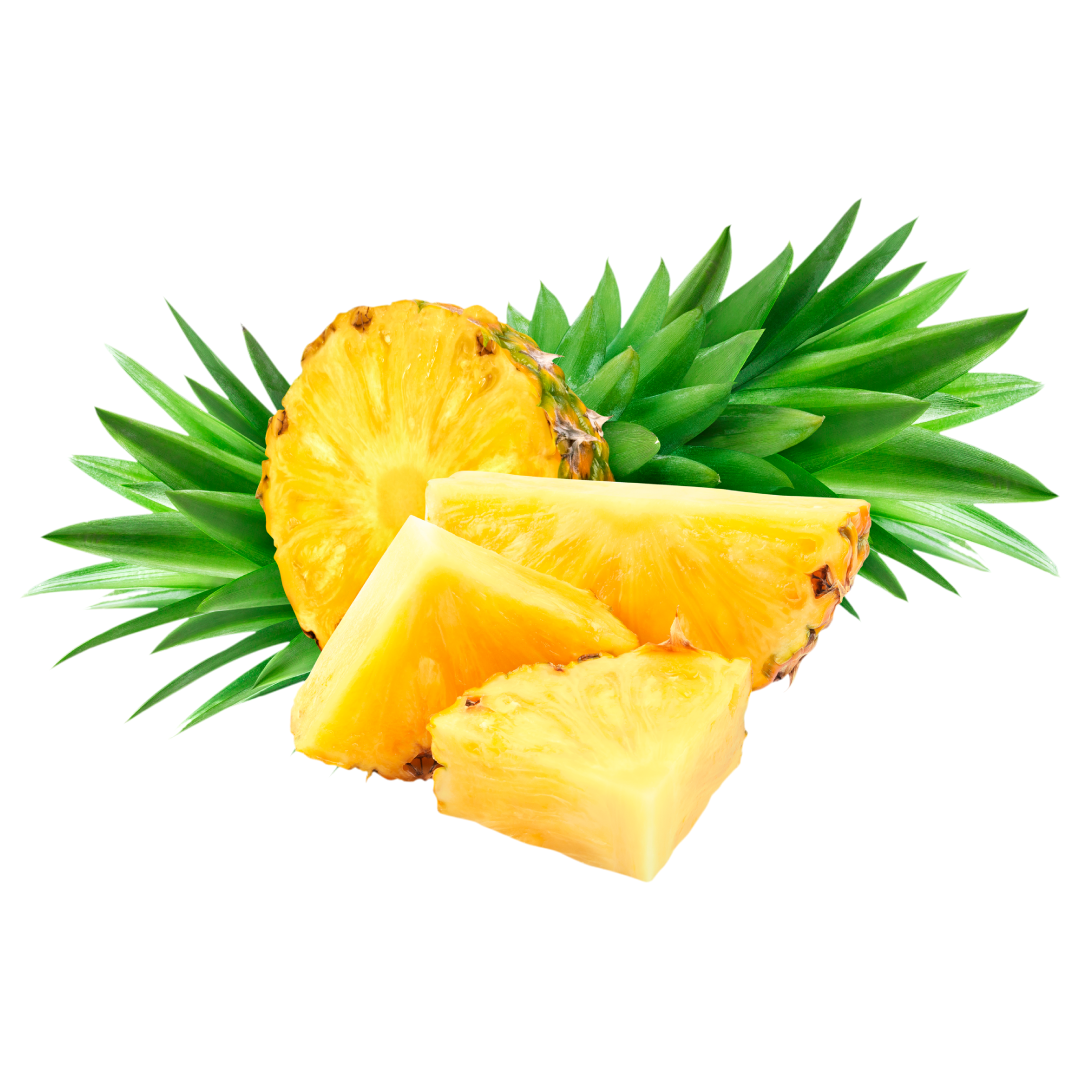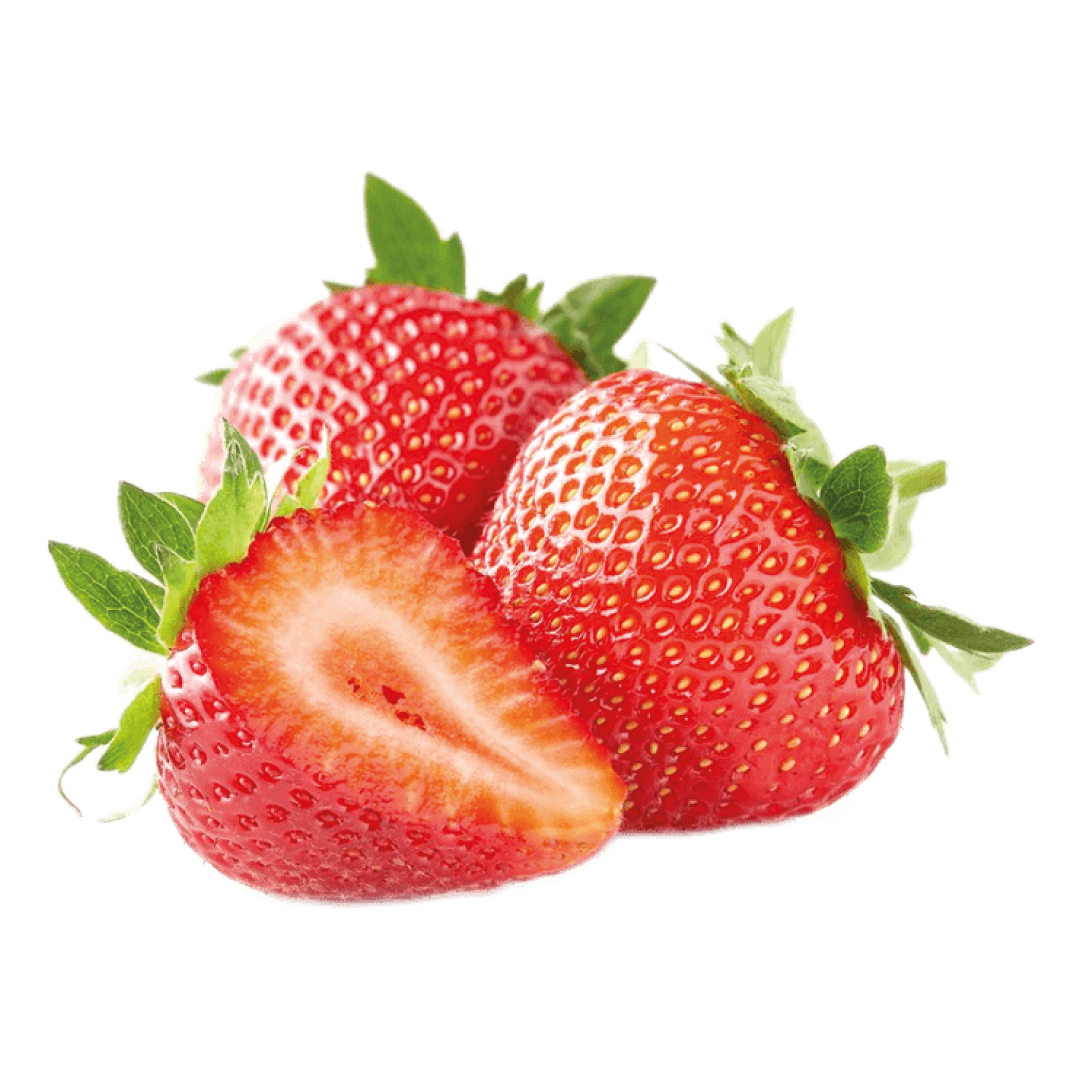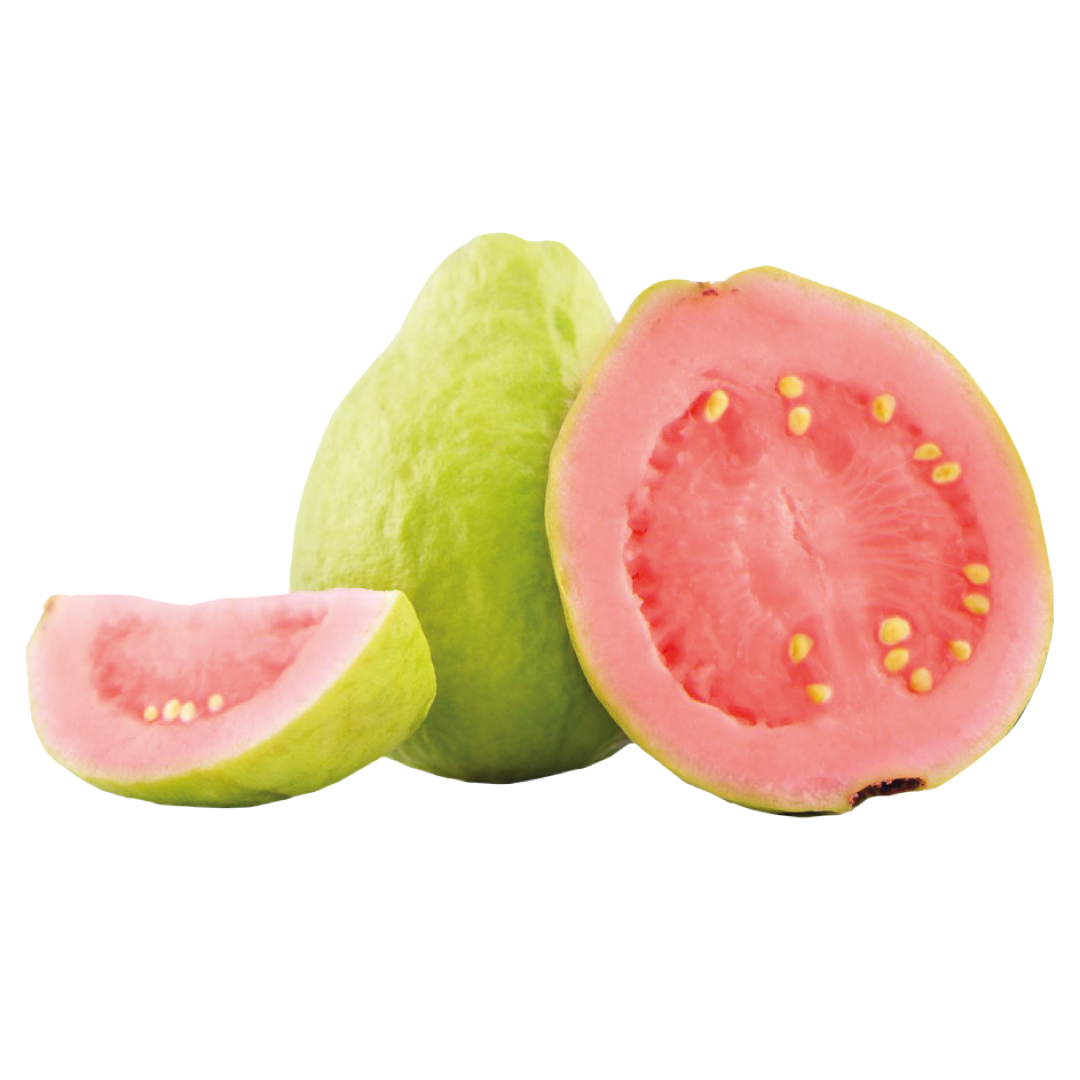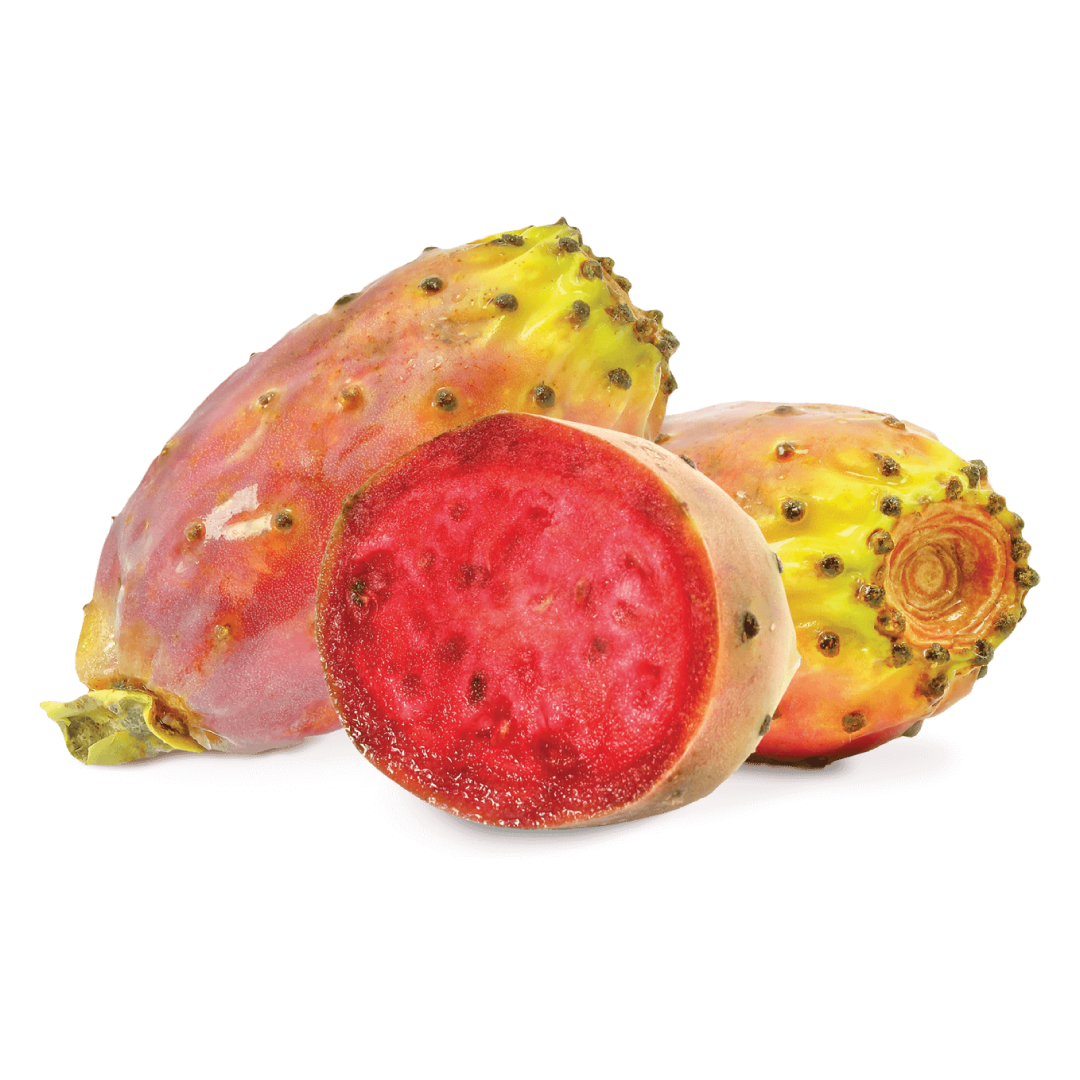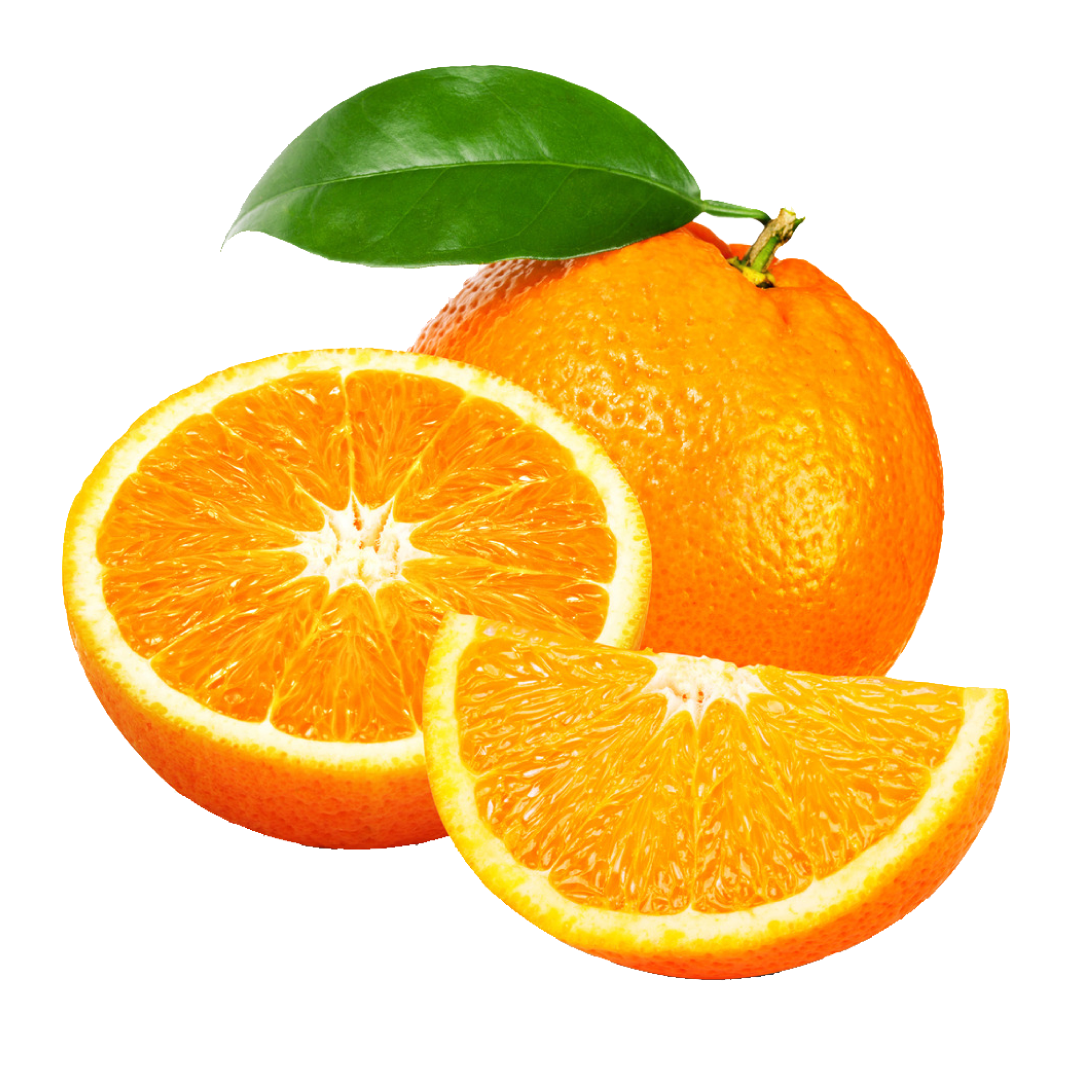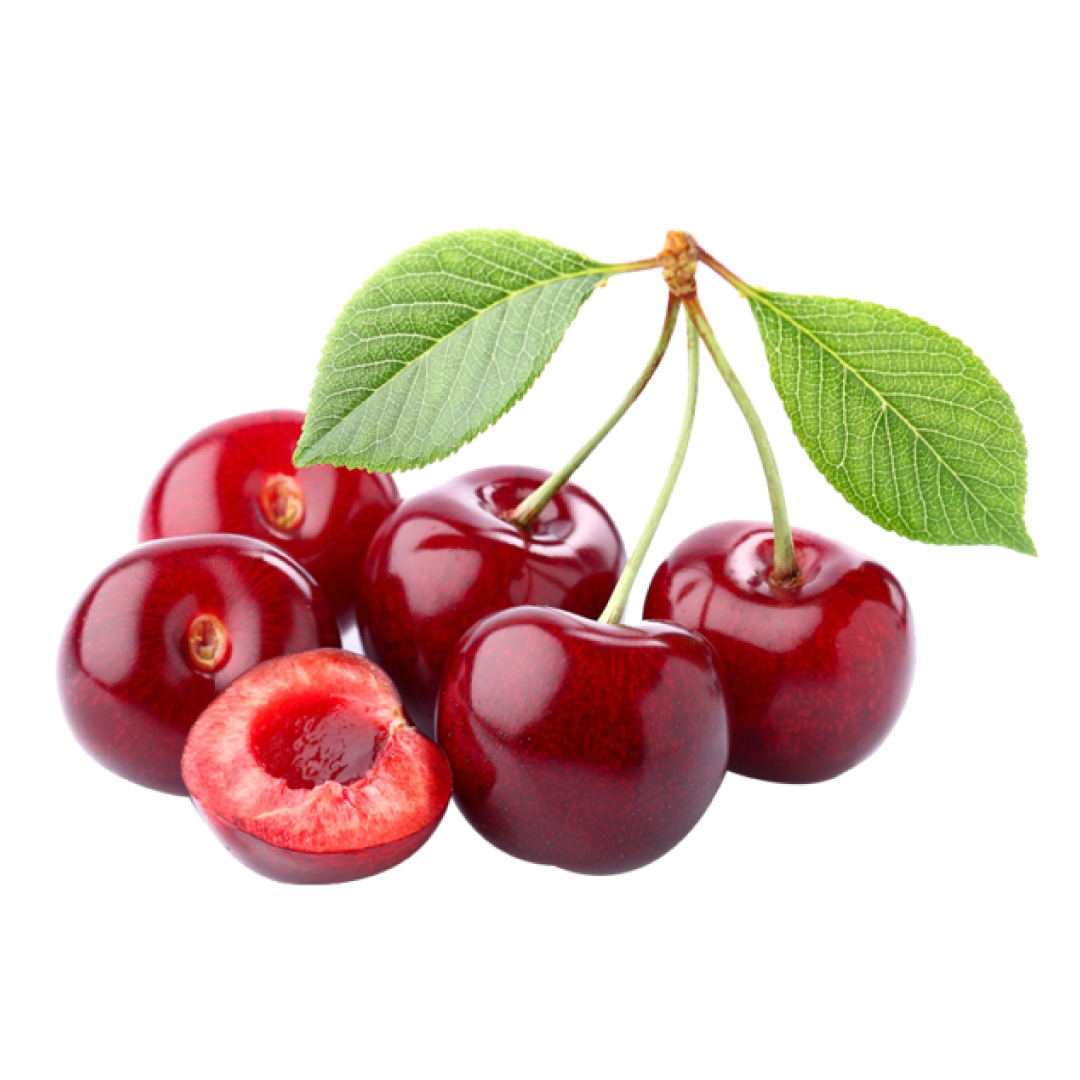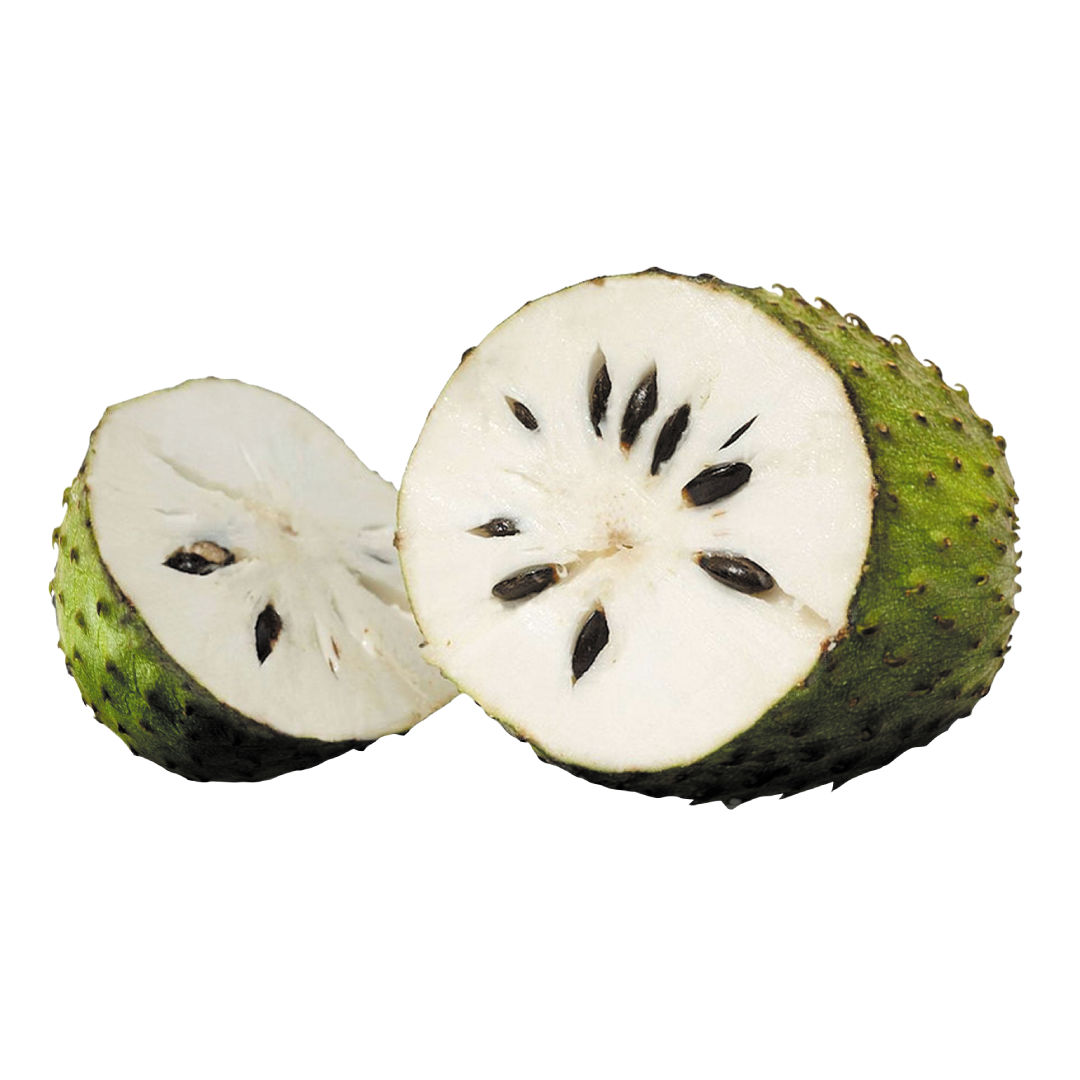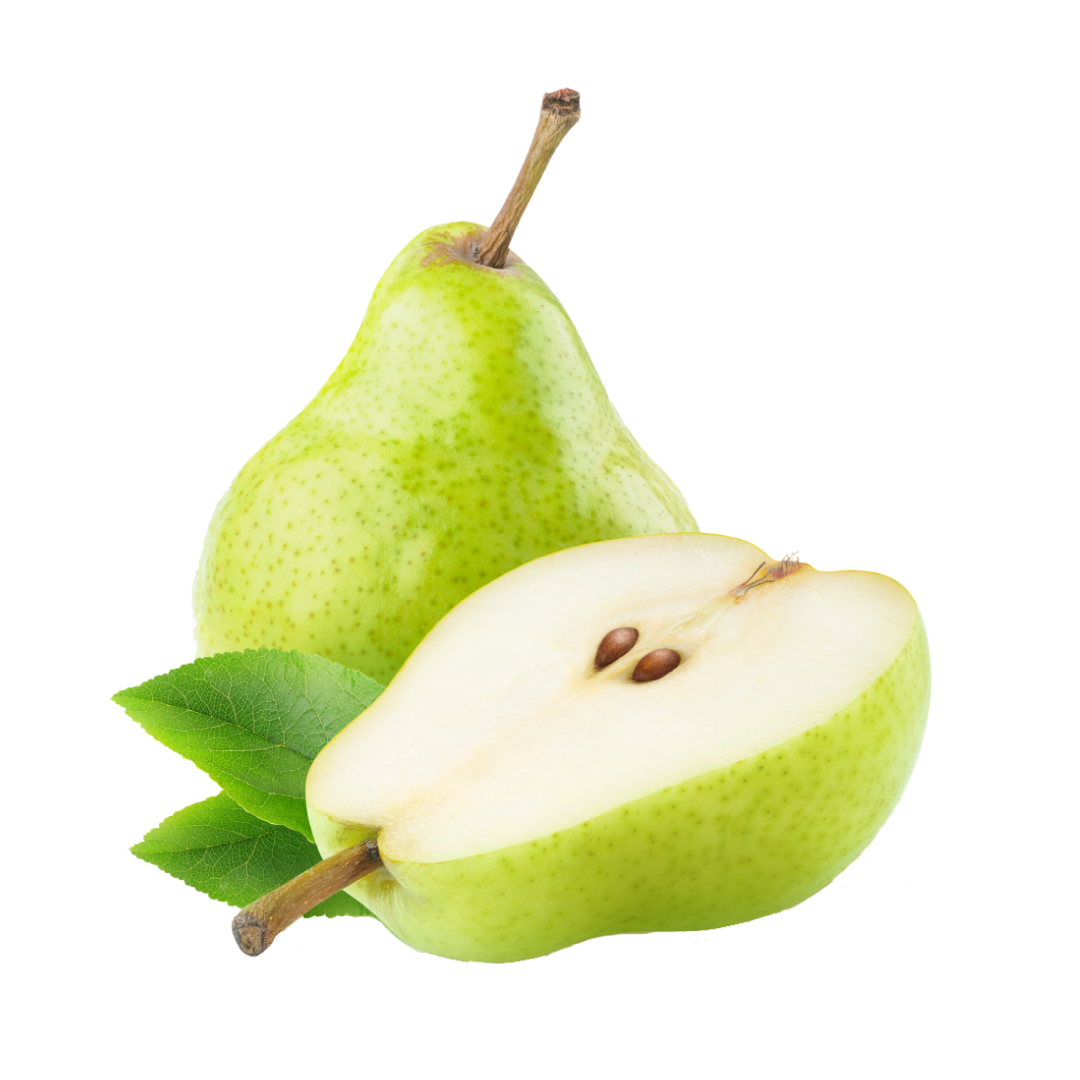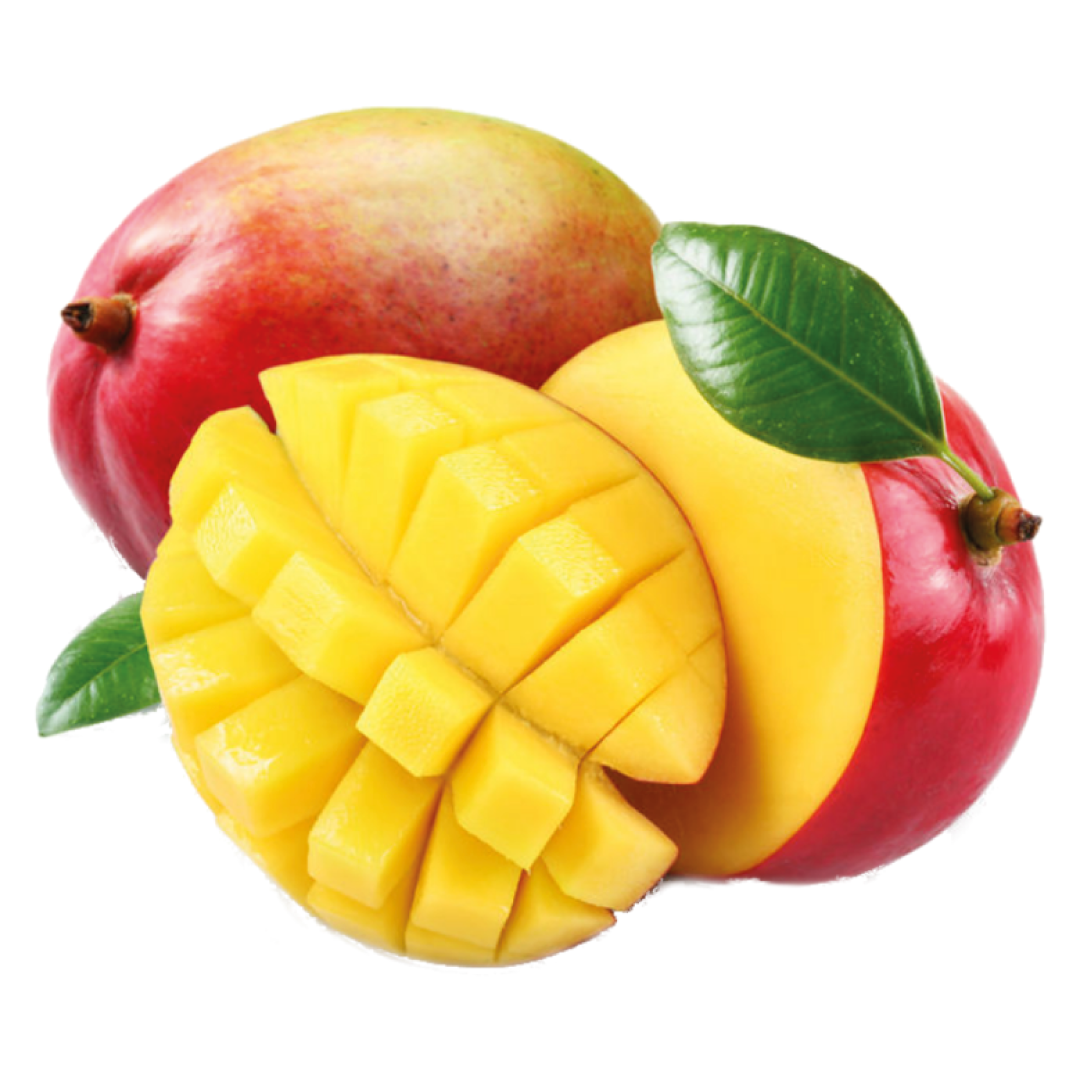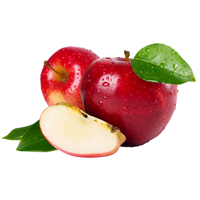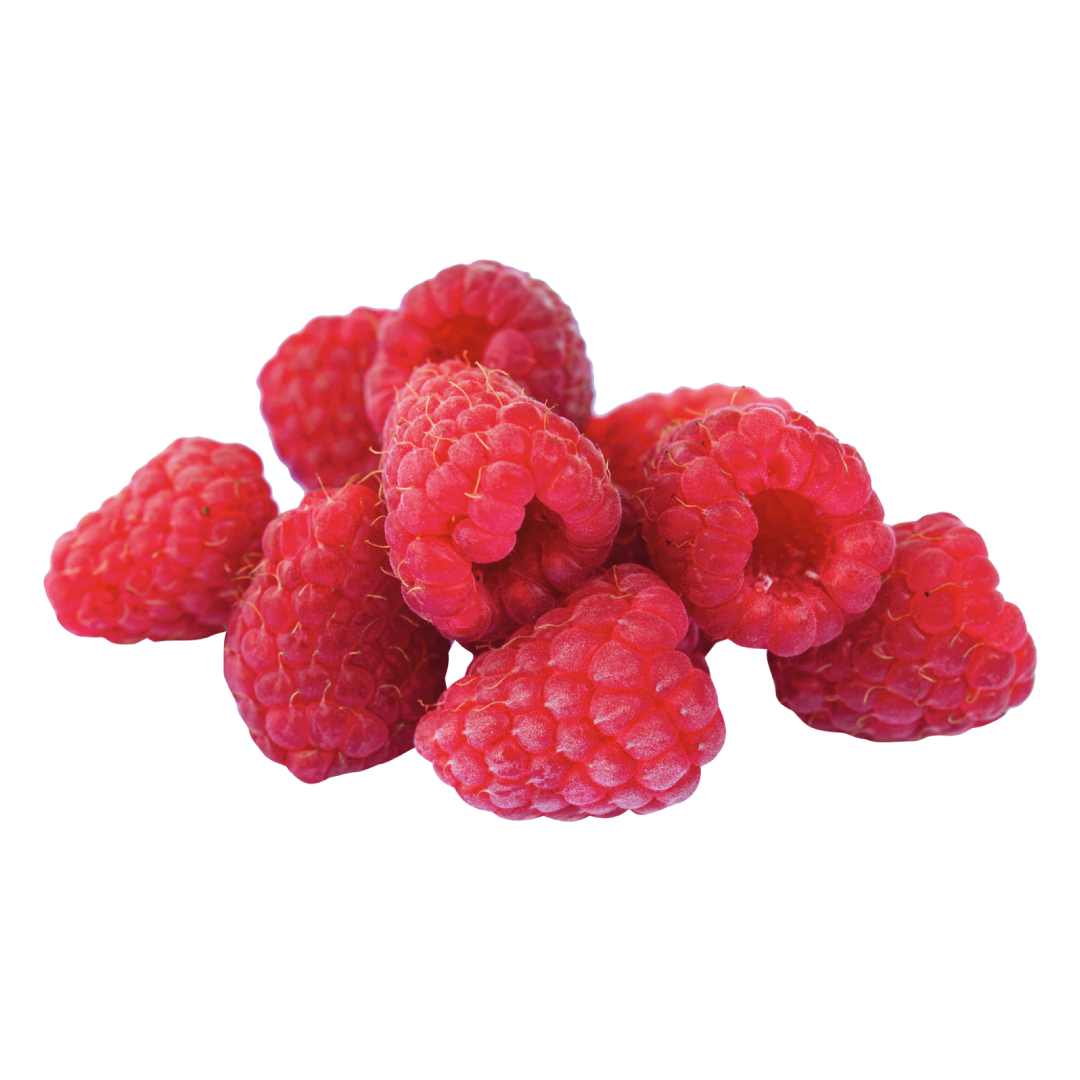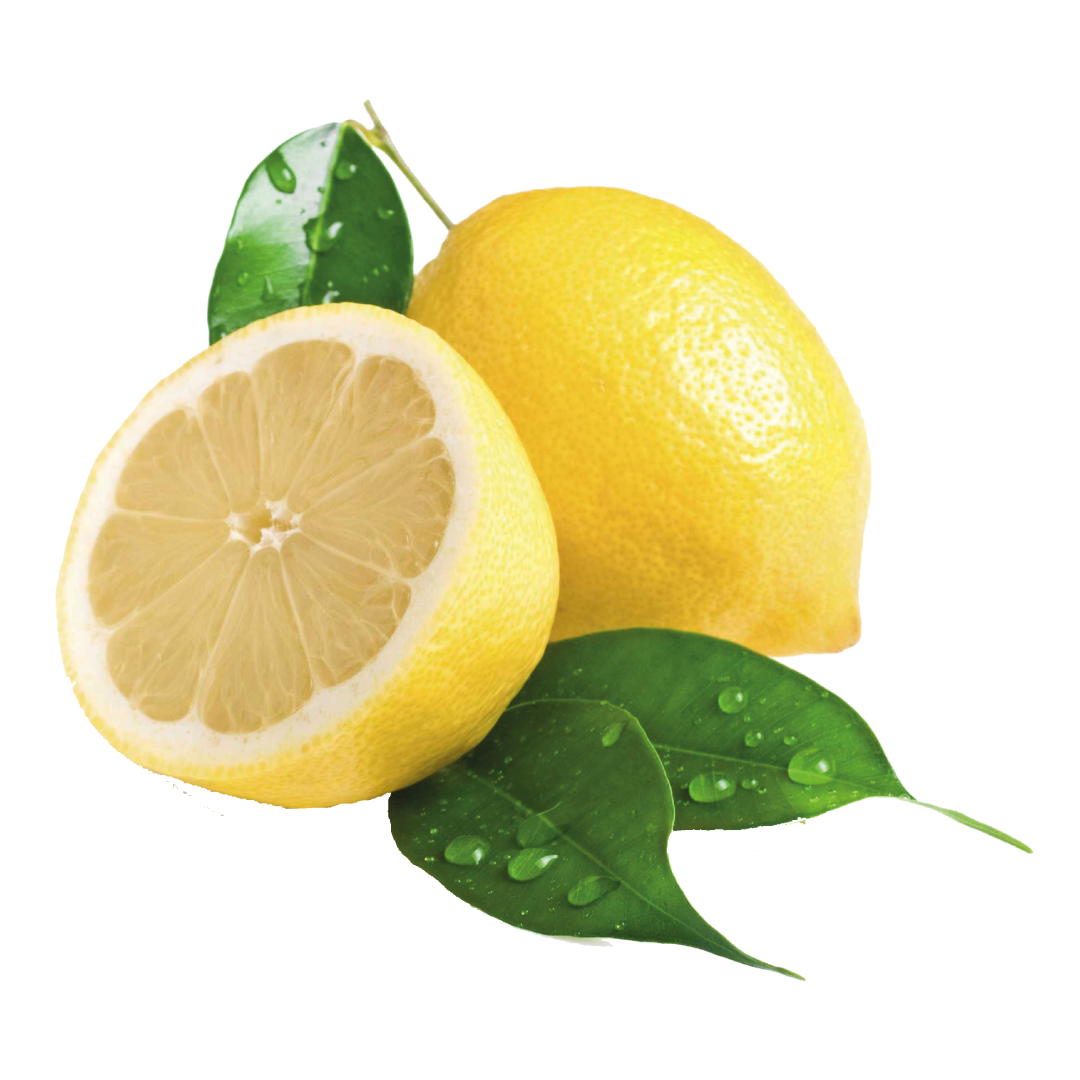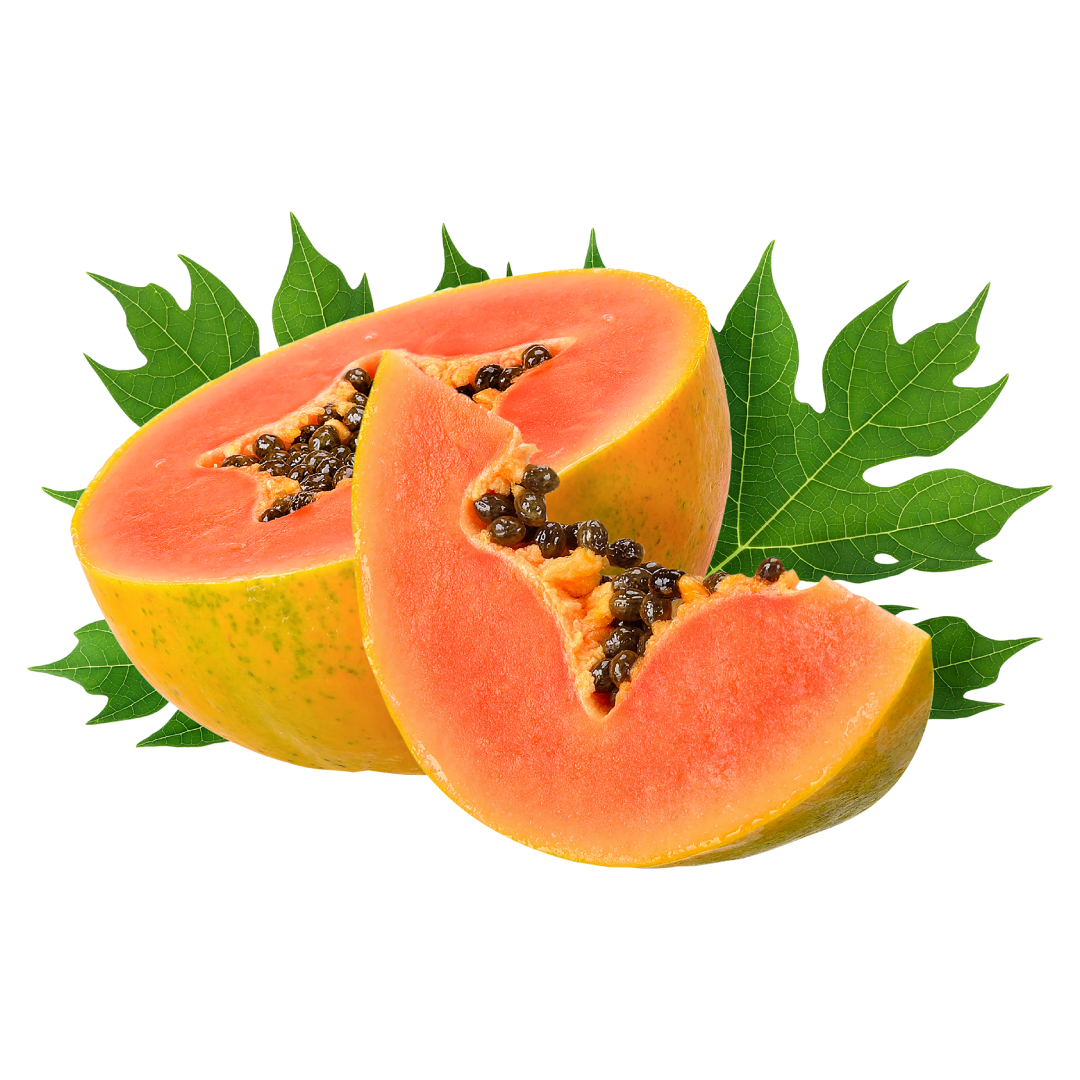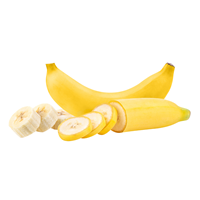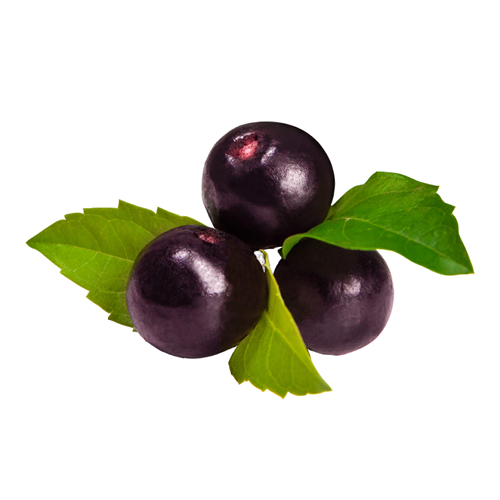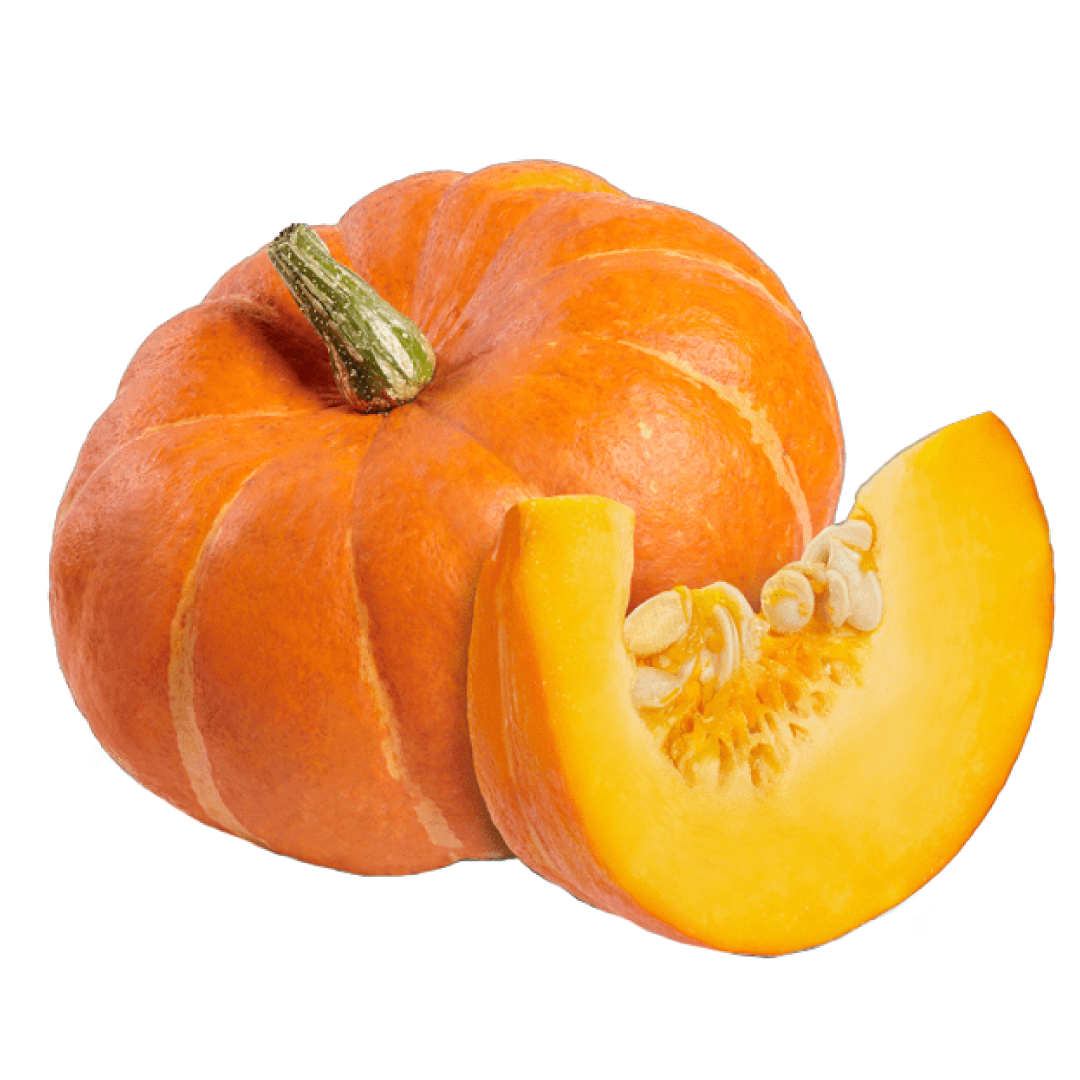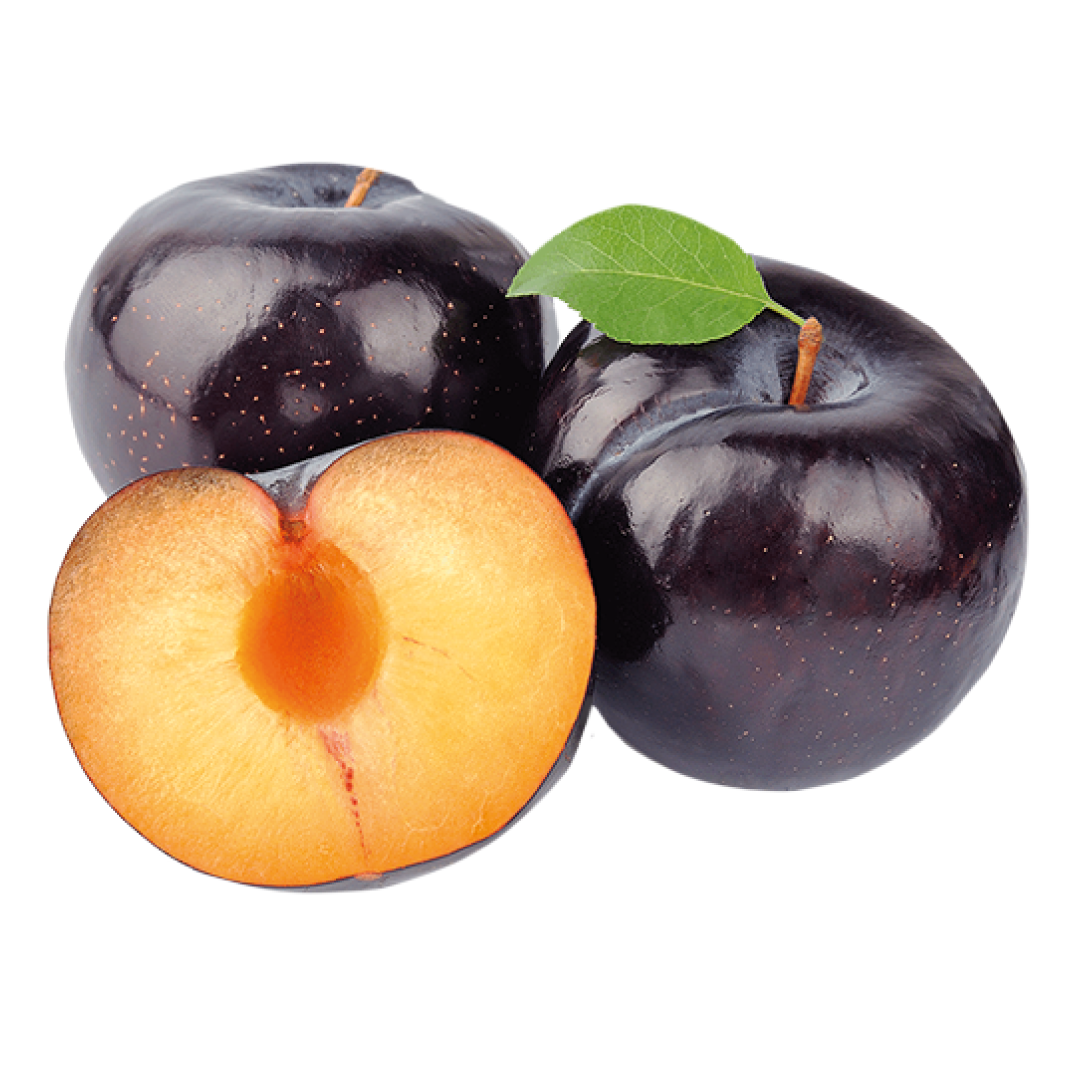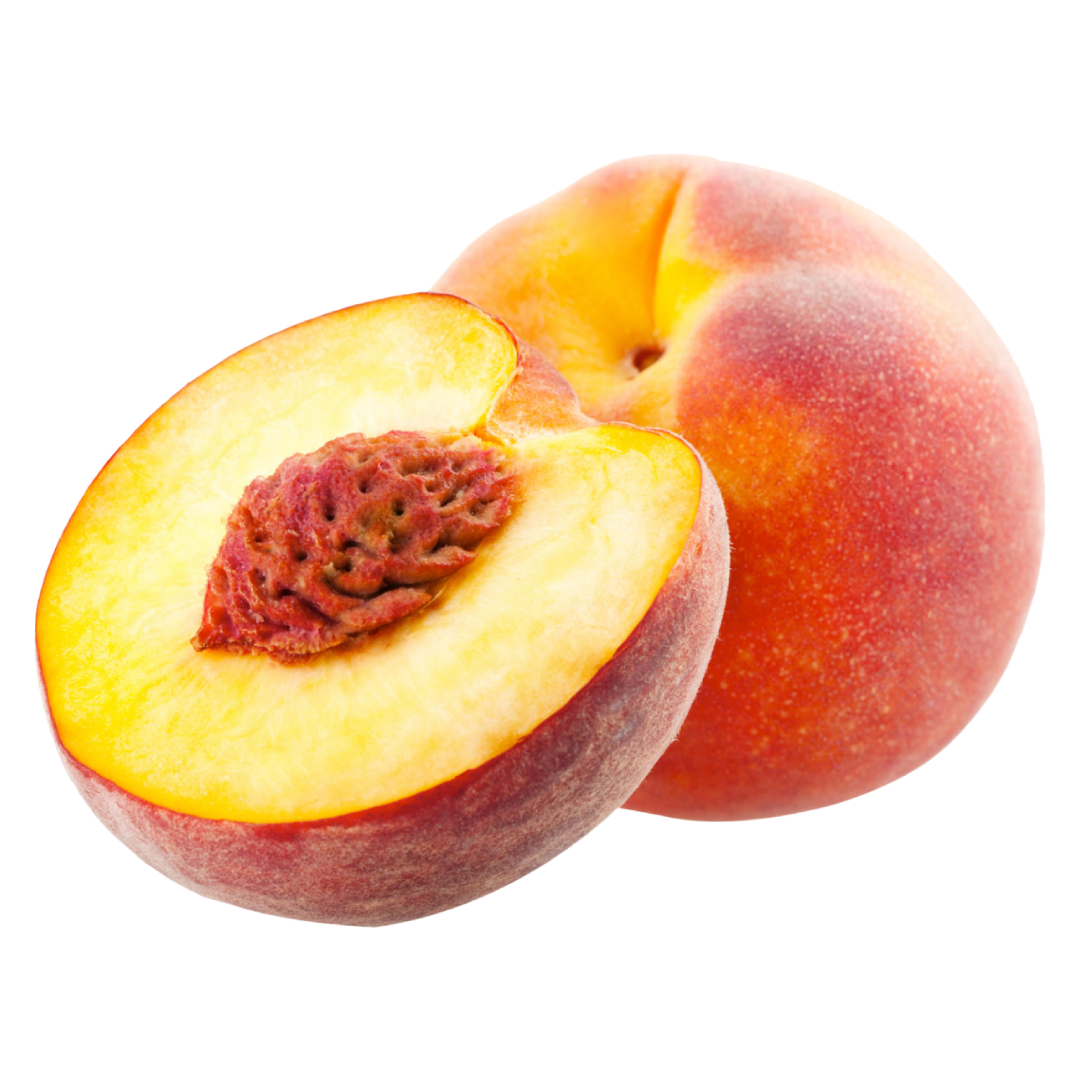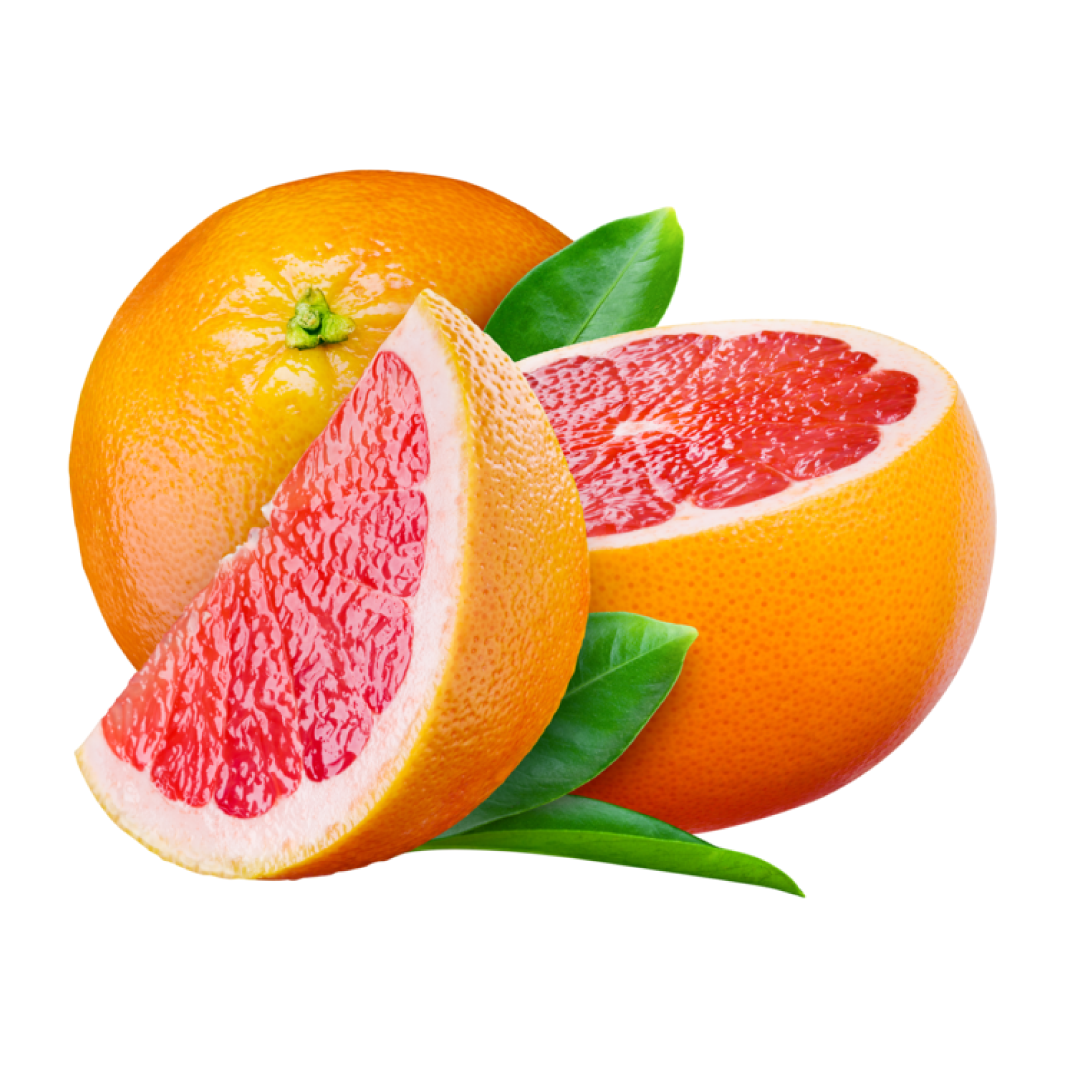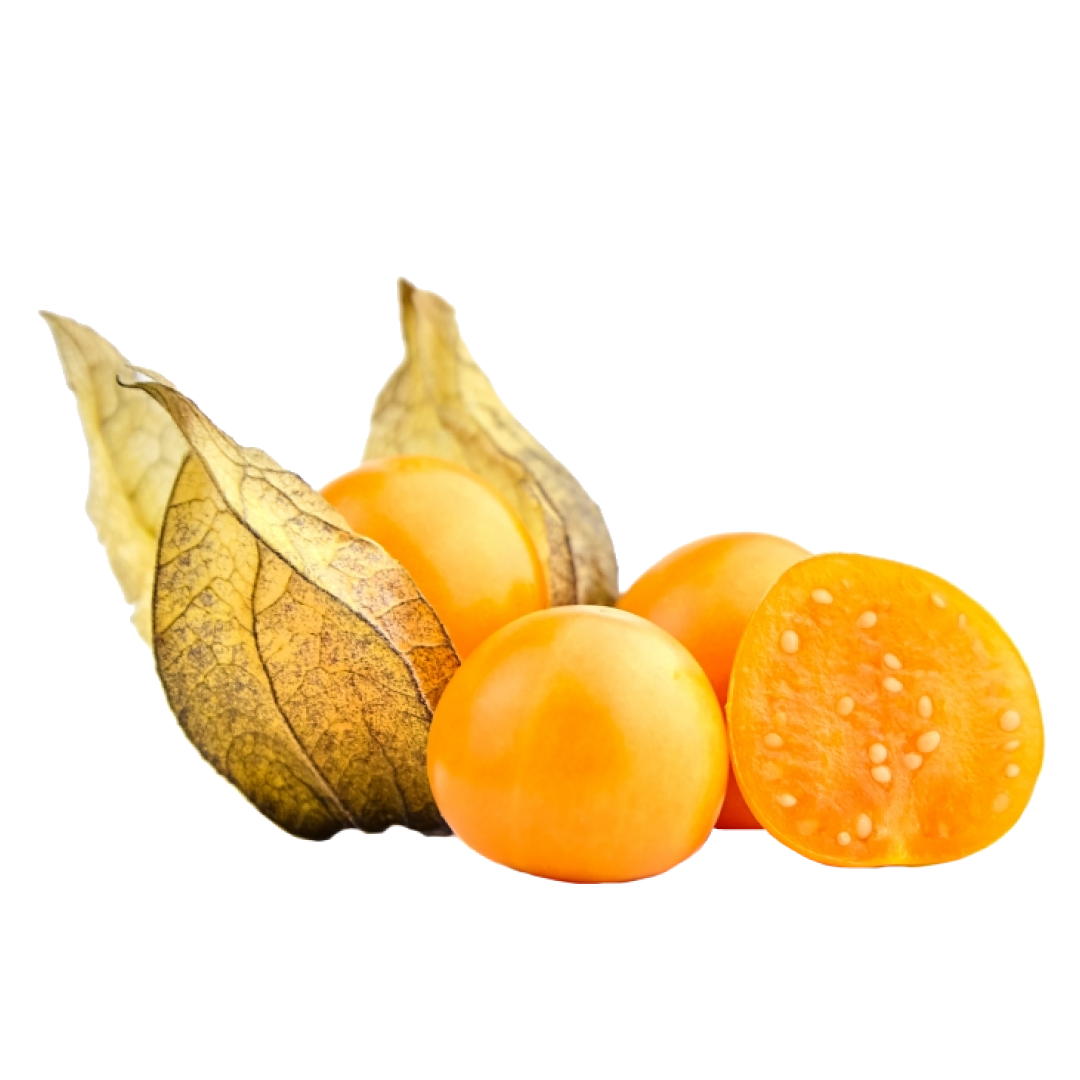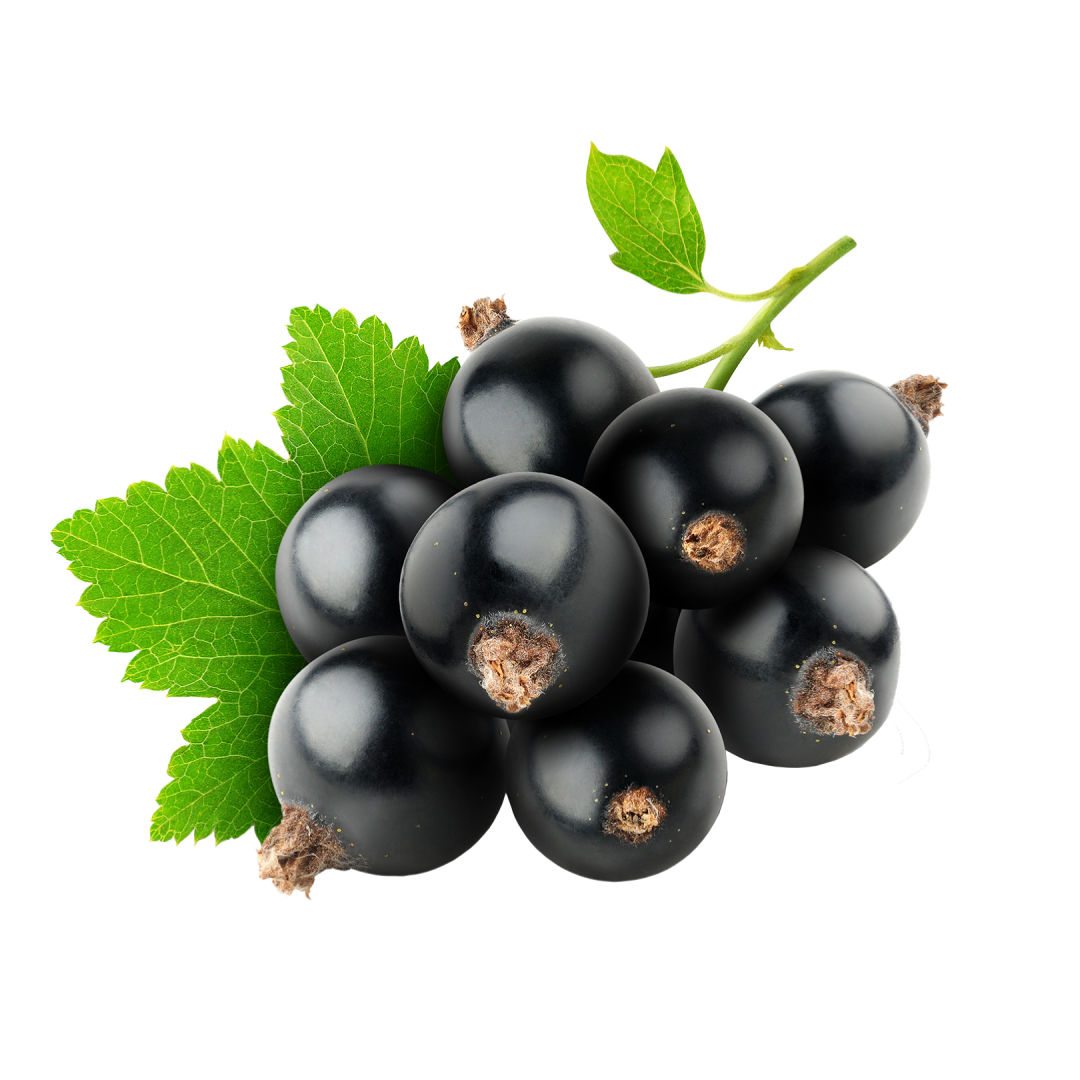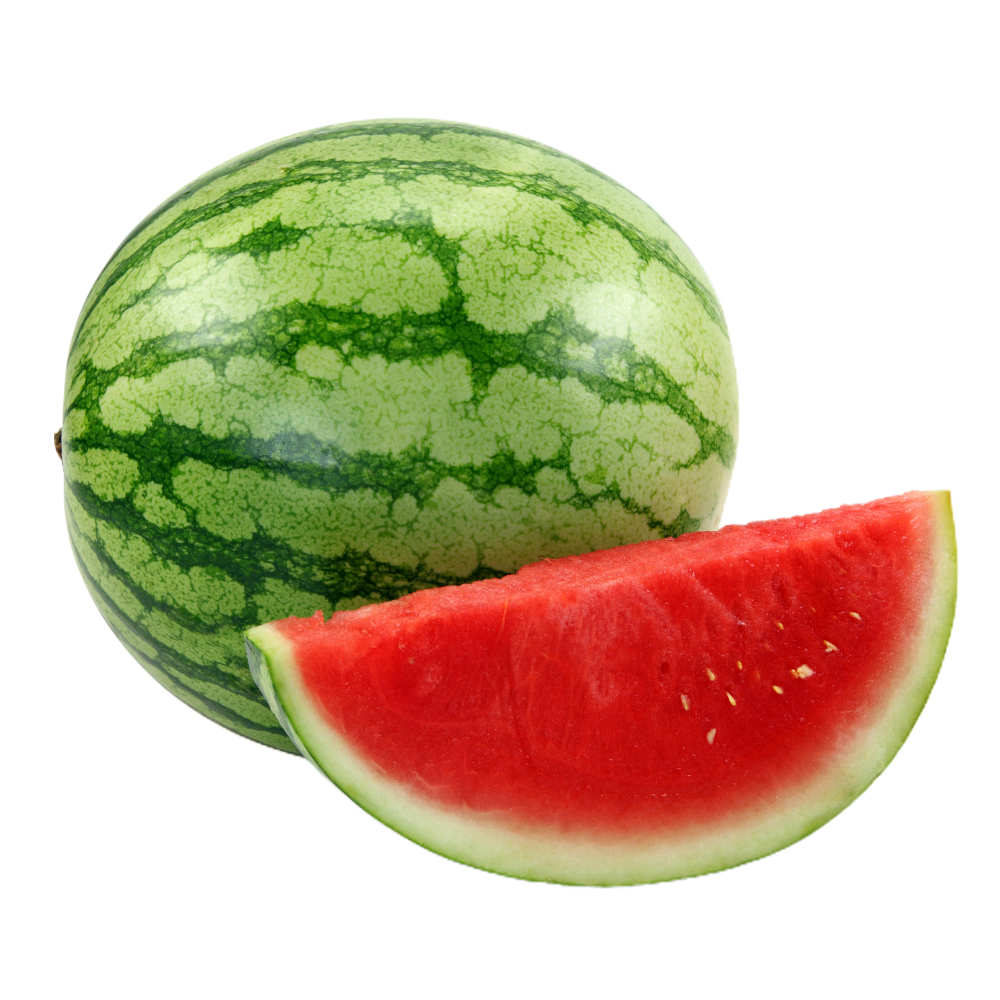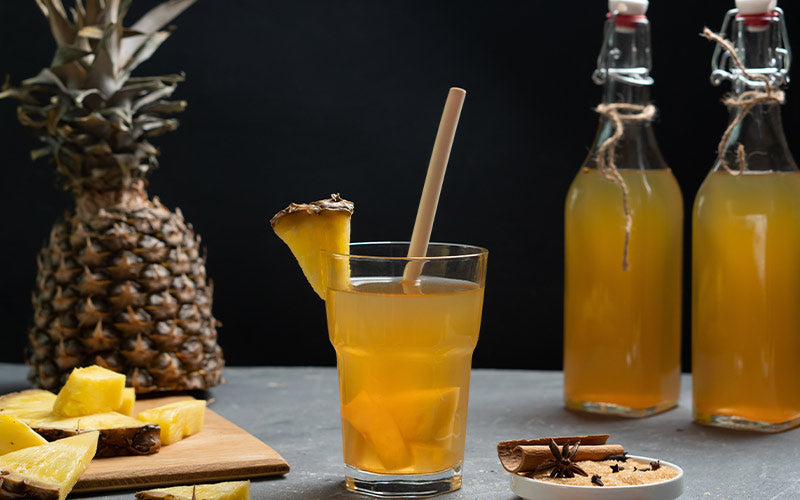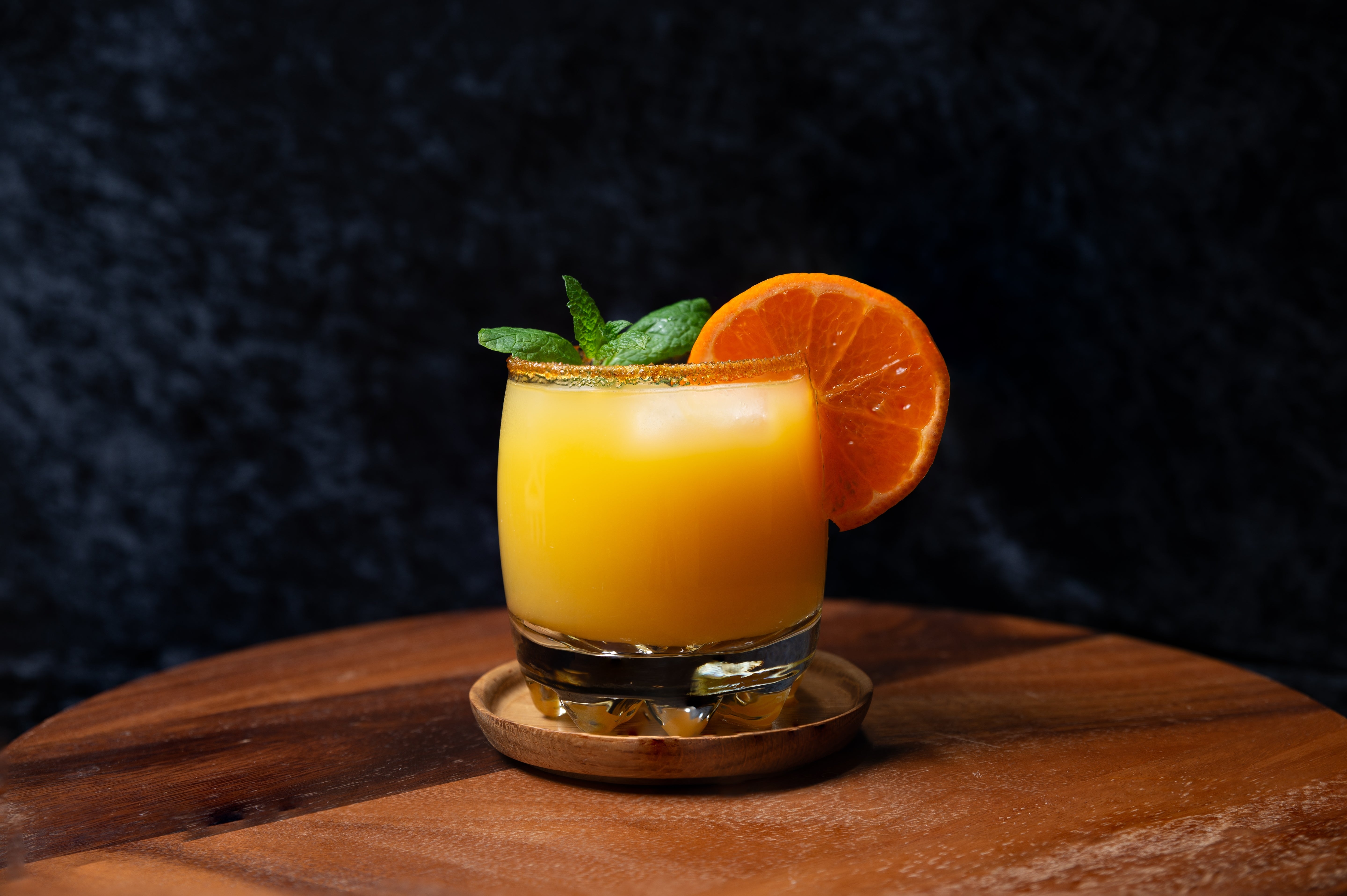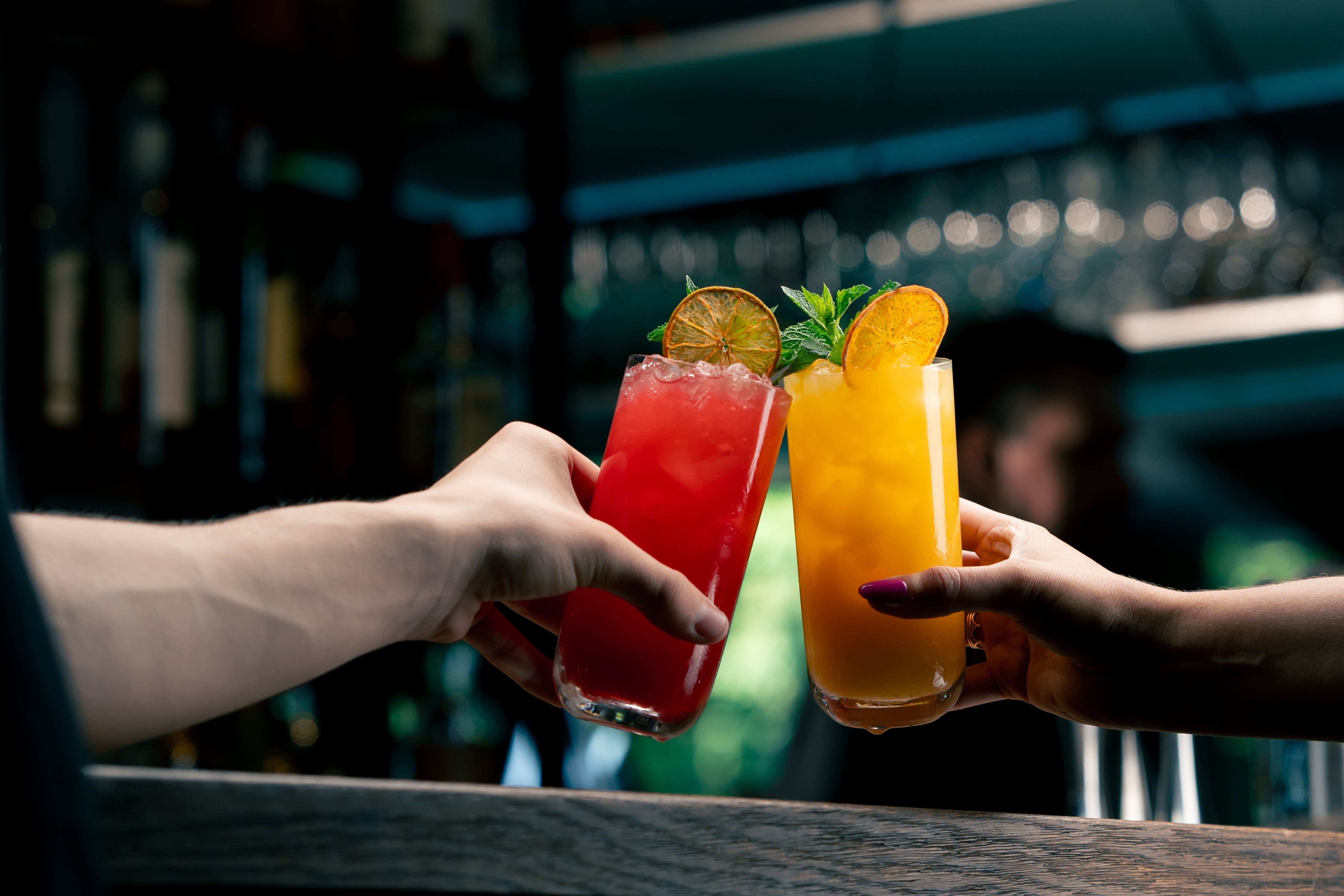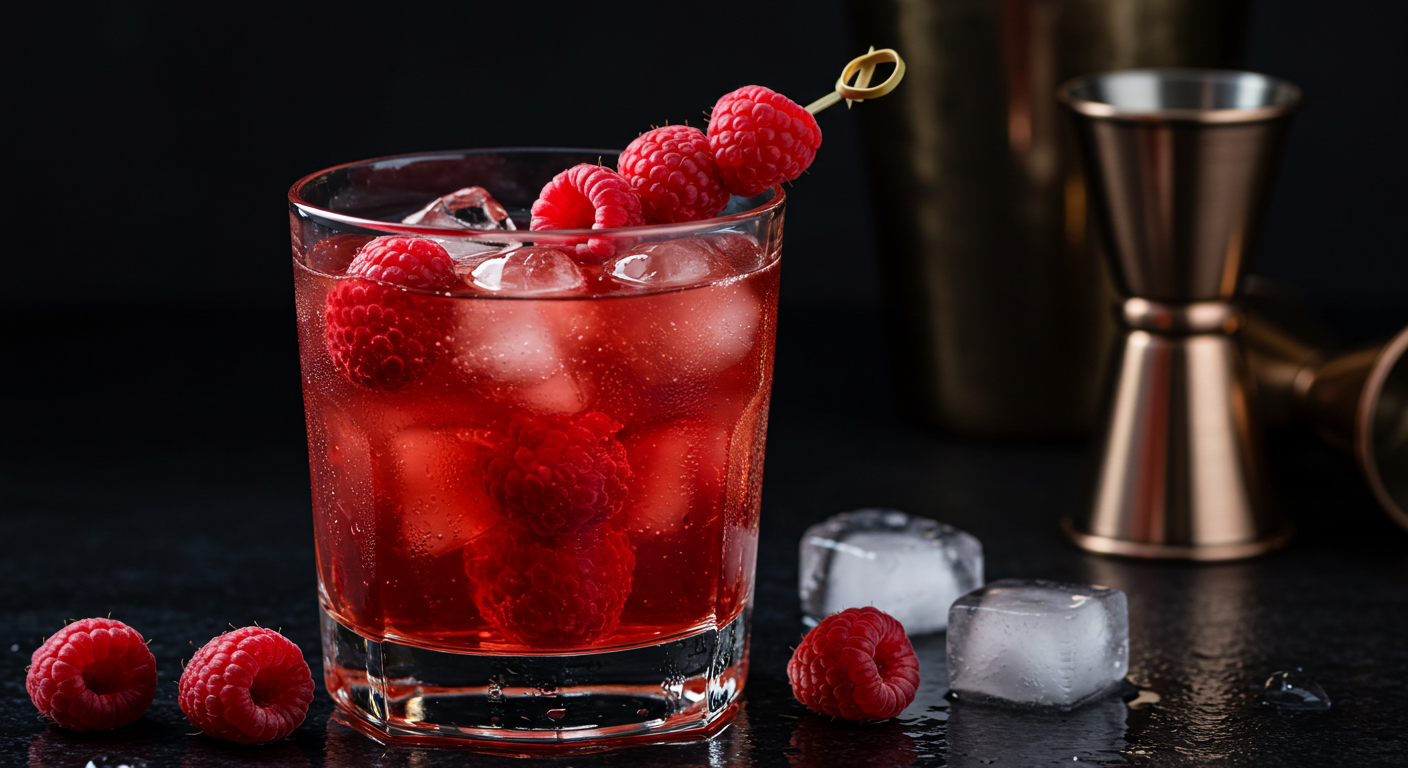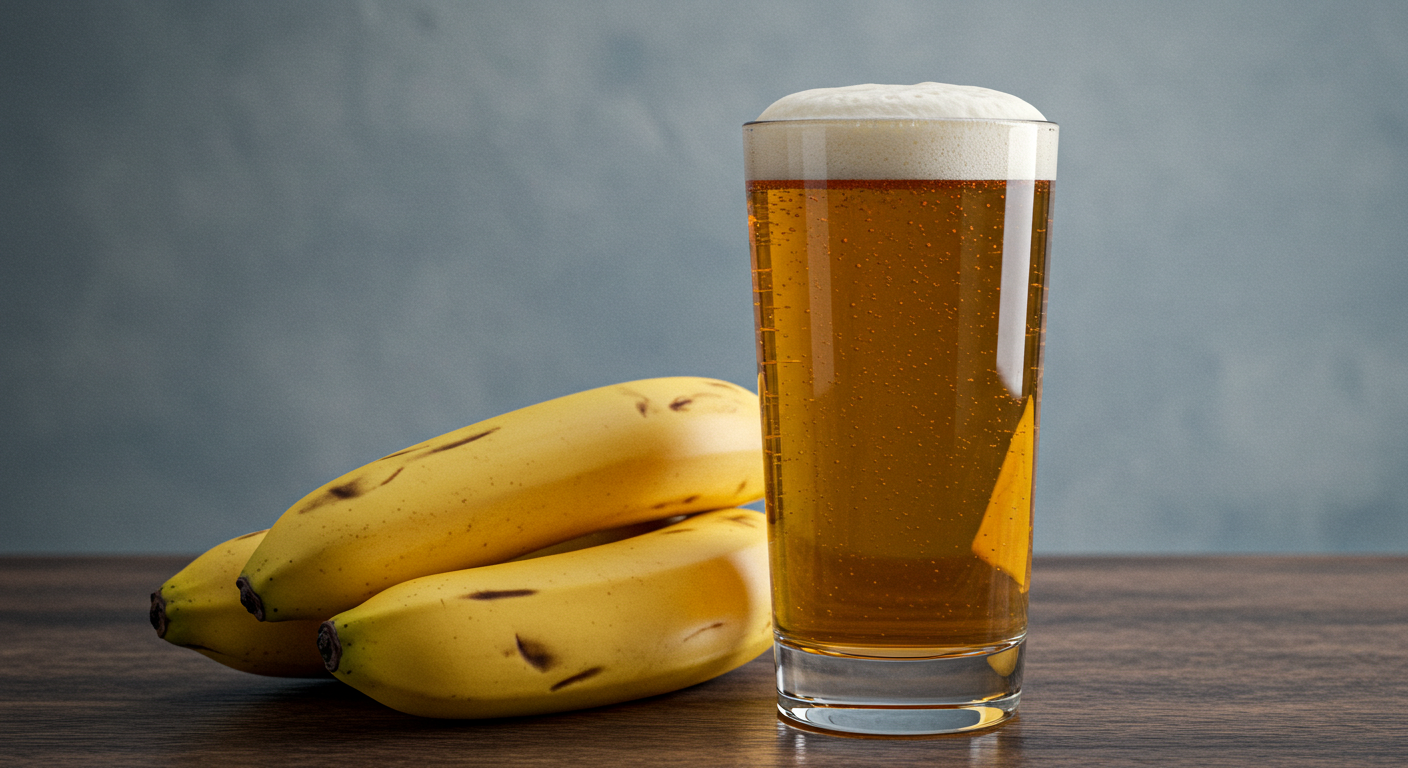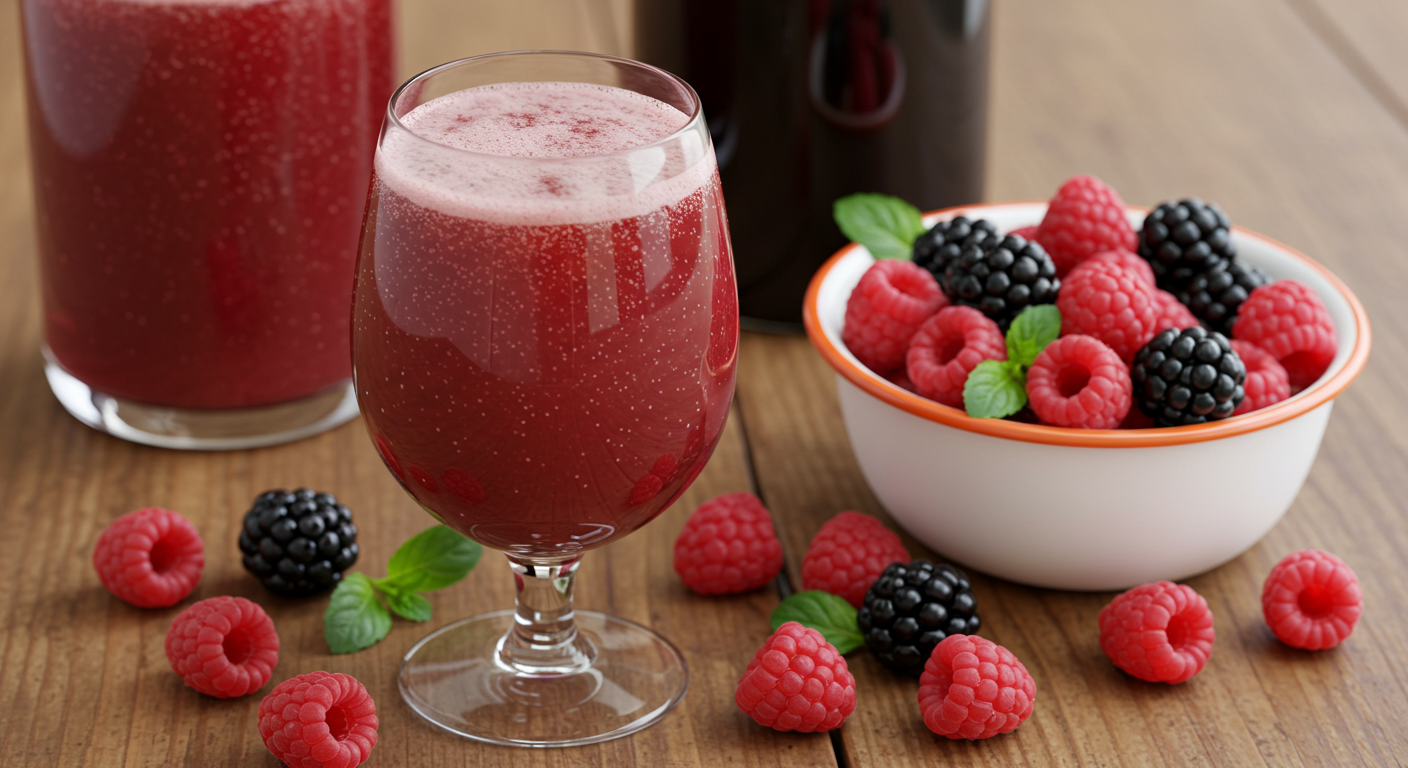Energy drinks have become very popular since their invention. Nevertheless, they carry a bad reputation. Questions like “Does it cause insomnia?” or “Who can drink them?” are the ones that we hear the most. The truth is that the healthiest energy drinks grow every day and are now accepted by more consumers. In this article, we will learn about the trends and preferences in the growing market for these beverages.
The Origins and Development of the Healthiest Energy Drinks
The first energy drink launched in the U.S was in 1949, with the name of Dr. Enuf. It was a lemon-lime flavor, with supplements and vitamins (from the B group), as well as enough caffeine to have an energy boost. (Dr. Enuf, n.d.). However, its true popularity began in the 1990s.
Today, the market focuses on non-alcoholic beverages that prioritize health and wellness. Consumers search for products that not only keep them awake but also support their general well-being.
What Ingredients Should You Look For?
All in all, consumers are more interested every day in the healthiest energy drinks options. Seasonal fruits, like guava and pineapple, are the favorite ones due to their high antioxidant content (Melo et al. 2020). These components not only add flavor but also help to fight oxidative stress in your body. For producers, in this health-driven innovation context, fruit purees are now allies for brands that are looking to stand out.
Even so, there is also a growing tendency in the use of probiotics and fermented foods, like keto or kombucha. These drinks not only hydrate but also promote healthy gut microbiota. Therefore, energy and digestive wellness are quickly gaining popularity.
Healthiest Energy Drinks vs. Traditional Options
One of the main differences between conventional and healthier energy drinks is the amount of sugar. Indeed, the healthiest options are the ones low in sugar, making them more attractive to those searching to take care of their health. They avoid artificial food additives, choosing natural flavors and alternative sweeteners.
The healthiest energy drinks also have a balanced nutritional profile, giving more than just a momentary boost, but providing long-term health benefits. Another benefit is sustained energy.
Unlike traditional drinks, which can lead to a crash, healthy options are designed to maintain performance for a longer period. Undoubtedly, energy drinks today are more than coffee alternatives.
Market Insights on Energy Drinks
The global market of energy drinks generate about $134 billion in 2024 and projects to reach nearly $351 billion by 2032 (Data Bridge Market Research, 2024). New trends in the industry are focusing on health and the quality of natural ingredients. Also, there is a new shift towards energy drinks for specific goals: improve concentration or add functional hydration.
All is hand in hand with the growing interest in sports and fitness lifestyle. Now, when choosing one of the healthiest energy drinks, it’s essential to consider your health and energy goals, and whether the option is low sugar or not.
Finally, if you want to explore how natural fruit purees from Bierfrucht can help you craft more appealing energy drinks, we invite you to discover our range of products. Inspire yourself and create alternatives that connect with today’s conscious consumers!
References:
Data Bridge Market Research. (2024). Mercado mundial de bebidas energéticas: tendencias de la industria y pronóstico hasta 2031. https://www.databridgemarketresearch.com/es/reports/global-energy-drinks-market
Dr. Enuf. (n.d.). About us. Retrieved September 17, 2025, from https://www.drenuf.com/about-us/
Melo, C., Cornejal, N., Cruz, V., Alsaidi, S., Cruz Rodríguez, G., Gómez Ramírez, A., Sorel, V., Bonnaire, T., Zydowsky, T. M., Priano, C., Fernández, J. y Koroch, A. (2020). Antioxidant capacity and antimicrobial activity of commercial samples of guava leaves (Psidium guajava). Journal of Medicinally Active Plants, 9(1). https://openpublishing.library.umass.edu/jmap/article/id/1797/
Zaria, G. (2023, June 15). La primera bebida energética se creó en 1967 y era muy diferente de las actuales. BBC News. https://www.bbc.com/mundo/noticias-65863611

